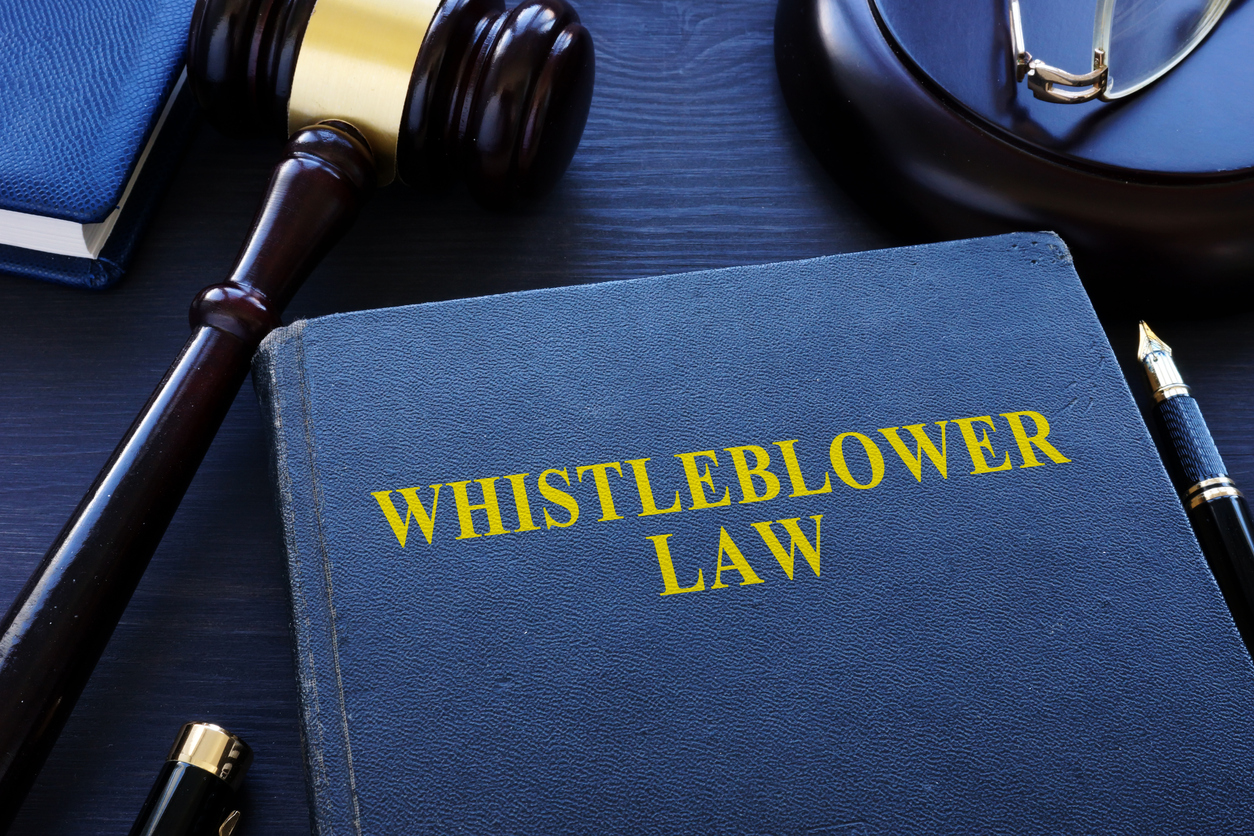
- Tempo di lettura 9 min.
This new law, which draws some inspiration from Common Law systems, is of particular note for the requirements and obligations on the side of company directors - especially in terms of their administrative liability. Here we are also speaking of the workplace Model 231 (Legislative Decree no. 231/2001) which seeks to protect the position of those who, upon learning of illegal conduct during the exercise of their work, are able to report what they have witnessed to the company anonymously and with the protection of the competent authorities from any adverse repercussions.
An earlier regulation (Law 179/2017) had intended to introduce a specific protection for businesses operating in the private sector - as there already was legal protection for whistleblowers in the public sector. However, only a limited number of companies adopted that governance procedure – even though it should have been ‘baked into the cake' when implementing their workplace compliance Model 231. Hence, there was a need in the private sector – beyond the Model 231 - to ensure one, or more, specific channels for the reporting of offenses directly connected with a violation within a corporate organisation or relating to the management of the business.
In fact, Model 231 governance procedures require companies operating in the private sector to pre-establish a valid management system aimed at making the protection of any whist...
 Quotidianopiù è anche
su WhatsApp!
Clicca qui per iscriverti gratis e seguire
tutta l'informazione real time, i video e i podcast sul tuo smartphone.
Quotidianopiù è anche
su WhatsApp!
Clicca qui per iscriverti gratis e seguire
tutta l'informazione real time, i video e i podcast sul tuo smartphone.
© Copyright - Tutti i diritti riservati - Giuffrè Francis Lefebvre S.p.A.
Vedi anche
Pienamente operativa la nuova disciplina sul whistleblowing
Con la piena operatività anche per le PMI della nuova disciplina in materia di whistleblowing giunge a compimento il processo di riforma di questa materia iniziato con l..
di Luca Failla - Avvocato - Managing Partner studio boutique Failla & Partners
di Paola Salazar - Avvocato in Milano
Iscriviti alla Newsletter
Rimani aggiornato sulle ultime notizie di fisco, lavoro, contabilità, impresa, finanziamenti, professioni e innovazione

Trovi interessante questo video?
Per continuare a vederlo e consultare altri contenuti esclusivi abbonati a QuotidianoPiù,
la soluzione digitale dove trovare ogni giorno notizie, video e podcast su fisco, lavoro, contabilità, impresa, finanziamenti e mondo digitale.
Abbonati o
contatta il tuo
agente di fiducia.
Se invece sei già abbonato, effettua il login.
